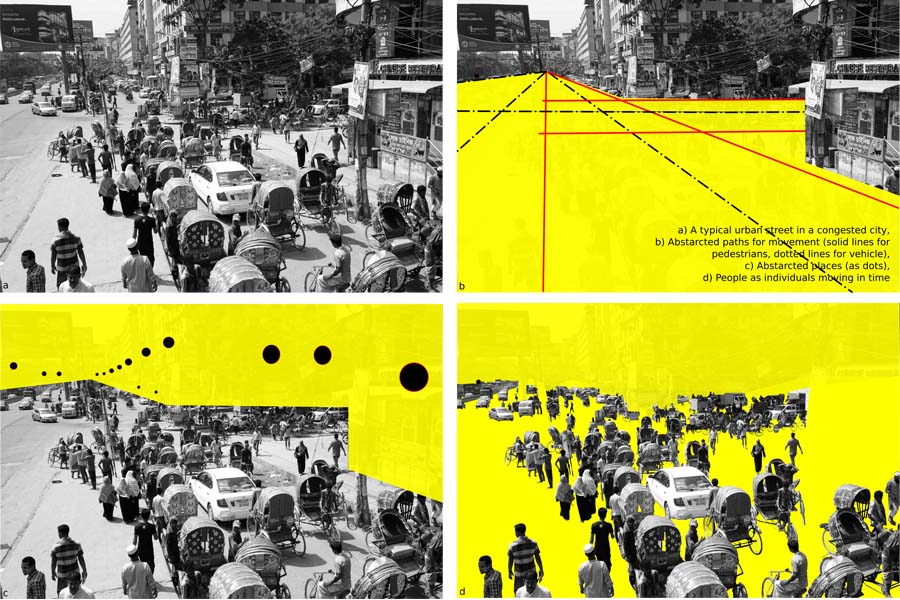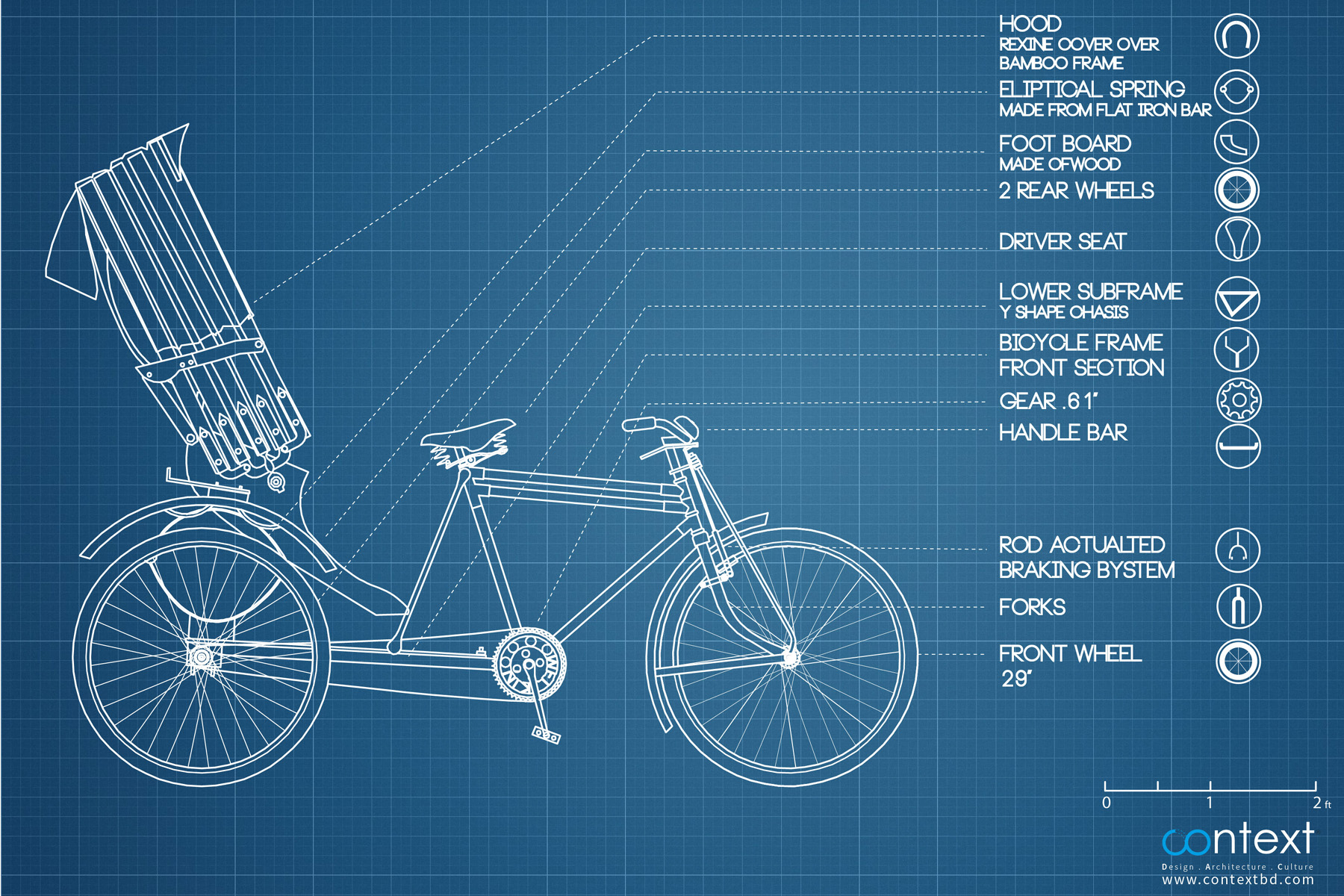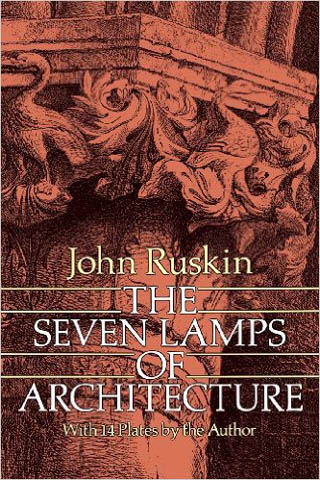“Our lives begin to end the day we become silent about things that matter.”
— Dr. Martin Luther King, Jr.
The wait is over, the boxes are ready. It’s about time to cast your vote in the IAB EC 2021-2023 Election. Seldom has an election in recent memory taken on such spirited engagement with the IAB members. The tension is in the air! What is worth remembering now is the fundamental question as to why do we vote? It’s effectively the only instrument we have to raise our voices, to show that we care deeply about who gets to exercise power and what is on the agenda. This editorial isn’t written to judge who the better candidates are nor to help you decide particular choices, but rather, we write simply to remind you that your choices matter. It may simply be just one ballot for each on the election day, but that shouldn’t fool you into thinking that it doesn’t matter. Our choices collectively have shaped the past and will do so in the future as well.
Take the 23rd EC for example. While many can pine over all the things it has not been able to achieve, there is a lot that has been done. The recent BIP-IAB seminar on Dhaka’s future, which has been exemplary in creating bridges with other disciplines, is a case in point. It reminded us that at the end of the day, our larger concern is the built environment, of which we play a part along with many other allied disciplines. We must work in tandem with others in ensuring the well-being of people and the environment—past, present and future.
Whoever wins the office on Dec 4th, the test will not only be addressing internal professional concerns, which are no less important, but also it will fall upon the new EC to be a lighthouse for the discipline, to provide guidance to the shaping of an inclusive and sustainable built environment at large. As architects, we have always been skilled in bringing different voices in sync, we do that on our construction sites everyday. We reconcile client’s desire with their budget, the aesthetics with the pragmatic and the site with its context. In other words, what we do at the scale of a building—the power of bringing different conflicting desires to work together and resolve differences—needs to be scaled-up to take care of our collective urban environment, particularly in Dhaka. We cannot avoid speaking of the elephant in the room—the Detail Area Plan (DAP 2016-2035). It is not the time and place to persuade you for it or against it. Rather, we see the need for an IAB leadership who can move beyond any potential conflict of interest and truly act to reconcile different desires towards an inclusive urbanism for Dhaka and the rest of the country.
Speaking of “inclusivity”, it has clearly been the buzzword this election cycle to take on a larger meaning. In that spirit, we must ensure that the agenda for the 24th EC is not exclusively focused on the DAP issue but is inclusive in itself of the various everyday concerns of the members of the institute. We raise three particular issues that needs immediate attention.
Firstly, just as “charity begins at home”, we must begin to act on issues of social and environmental justice by ensuring just workplace and equitable benefits for the people who work for us. A respectable ‘minimum salary range’ has been an issue for many fresh graduates and members alike. Additionally, beyond adequate financial compensation, worker’s rights such as maternity (and paternity) leaves, proper notice period before laying off from the job and ensuring gender neutrality need to be front and center. No EC can be effective by ignoring the plights of its largest voting bloc.
Secondly, IAB should not exercise its role solely as a regulatory body but also as a facilitator. Several policies currently in practice including incremental penalty payment are exclusionary in nature and discourage inclusivity. Given the position of IAB as an accrediting body of architectural education, the progress of accreditation is very slow and many graduates, without being aware of this matter, are suffering from exclusionary stance by IAB. Perhaps, the institute should exert effort for reaching out to all the architecture schools and initiate a conversation to disseminate the information and identify the gaps and anomalies, so that a student can make a choice before enrolment.
Thirdly, we are concerned about the high rate of uncontested nominations in this election cycle. While it can be a consequence of candidates being popular and effective in their previous term, it might also be a cautionary tale for us. It may be a symptom of disinterest or lack of awareness regarding those positions, which in turn be part of a larger disenfranchisement of the members from self-governance. While we wish not to believe that it is the case, the new EC must look into it in a more organized manner, perhaps by arranging focus group discussions with members, to listen to their reasons for not contesting for those positions. We cannot stress enough that the greatest skill for a leader is his/her ability to listen.
Listening to everyone, whether we agree with them or not, is the fundamental first step towards being inclusive. Rather than tokenistic and superficial engagements, we hope for an EC that will genuinely listen to its members and other allied disciplines as well. The election could not come at a more crucial juncture. Covid-19 has taught us that emergencies that we had no plans for may become part of our everyday life. Given the interconnections in the global economy, perhaps we are yet to face the impact, particularly in relation to our export market abroad. No doubt the ripples will reach the shores of our disciplinary backyard, we may see drop in traditional architectural projects. Bring the ecological impacts of climate change into the mix and the future seems all the more bleak. But this should not be a cause for despair. Creativity—inventing opportunities from a crisis—is our capacity as architects and it should be no less for the new EC members. We are hopeful that the architects whom we put in charge of governing ourselves will bring that spirit of creativity and inclusivity in solving the issues raised here. Our job, as ordinary voting members, perhaps is to stay true to our conscience, not be biased towards anyone but rather exercise our thinking to assess who will truly be the best candidates to take us through these challenging times.
It’s perhaps best to end with a quote from Mahatma Gandhi, reminding the duty that lay upon us in voting from our conscience: “To safeguard democracy the people must have a keen sense of independence, self-respect and should insist upon choosing as their representatives only such persons as are good and true.” We cannot tell you who to vote for, only that you do so for the greater good. The only way to make it an election to remember is by choosing the most effective leadership. Happy voting and best of luck to all candidates!
About the authors:
Tanzil Shafique and Saimum Kabir are PhD fellows at the University of Melbourne in the Faculty of Architecture, Building and Planning.










